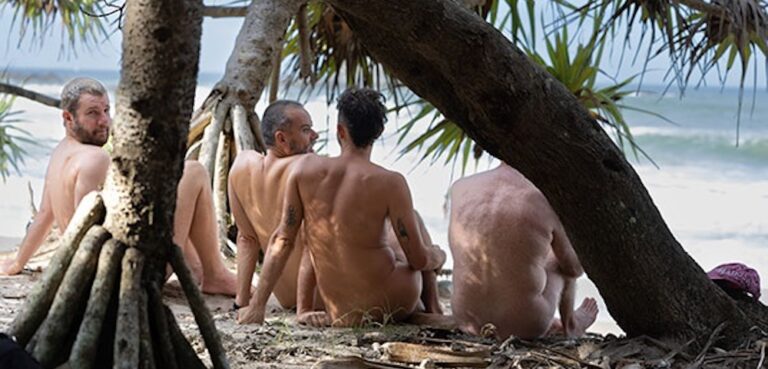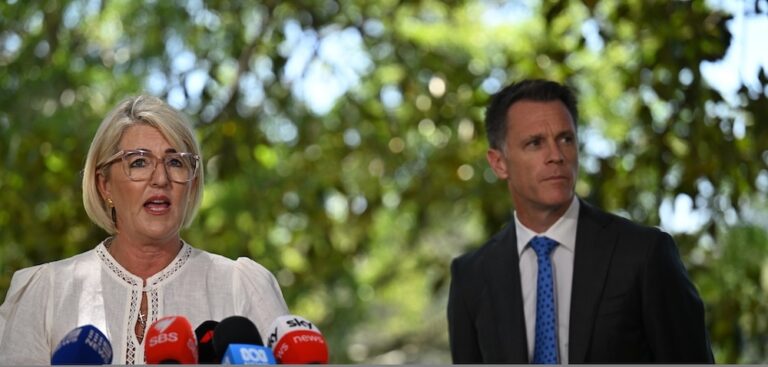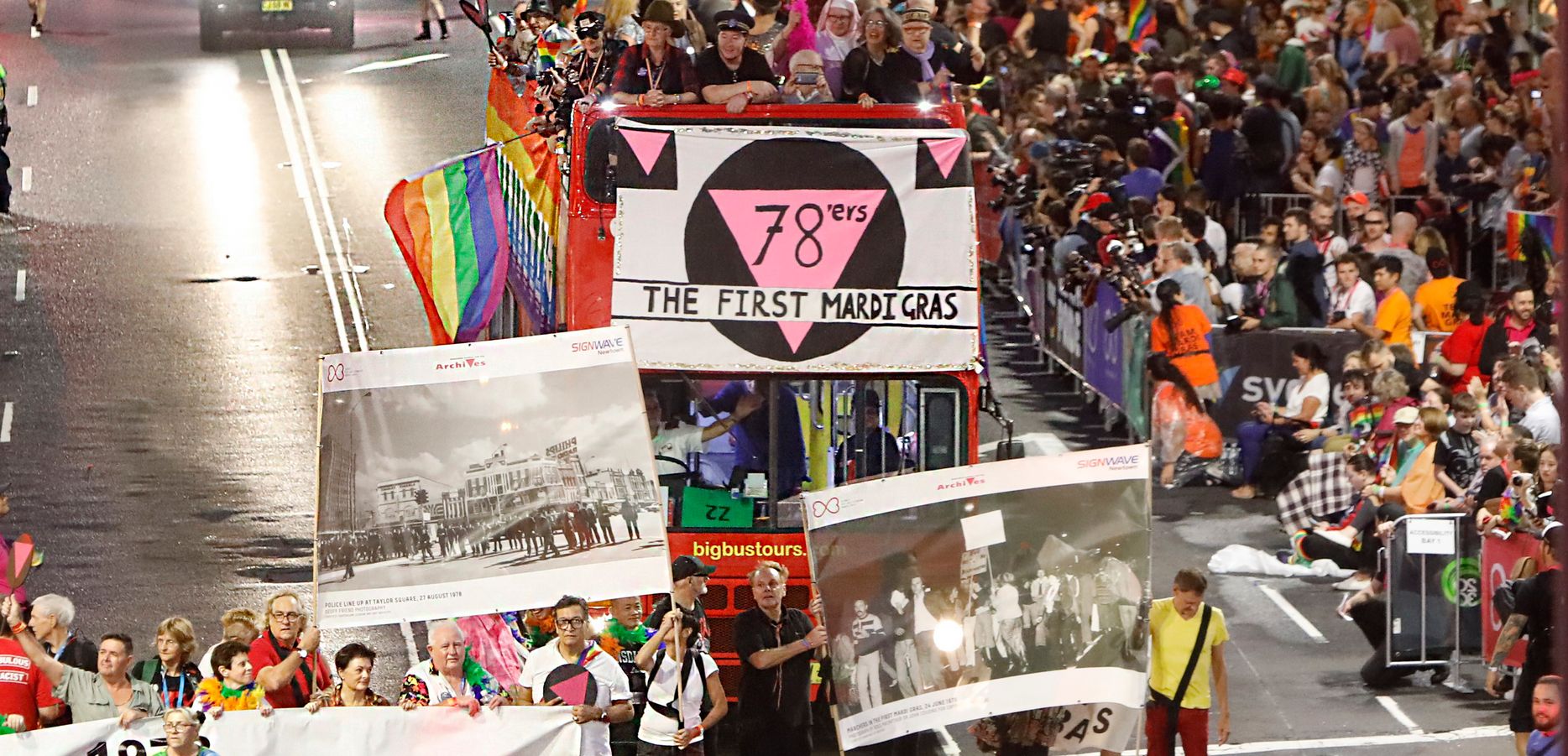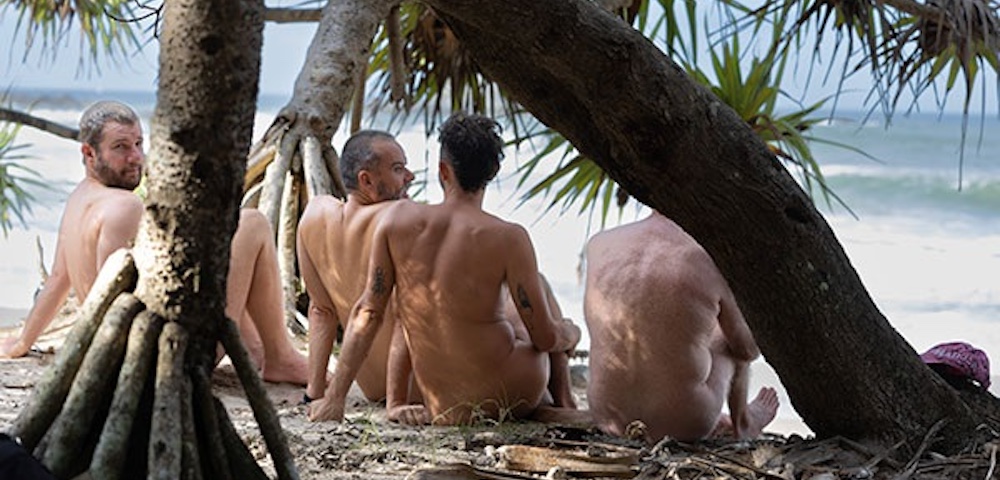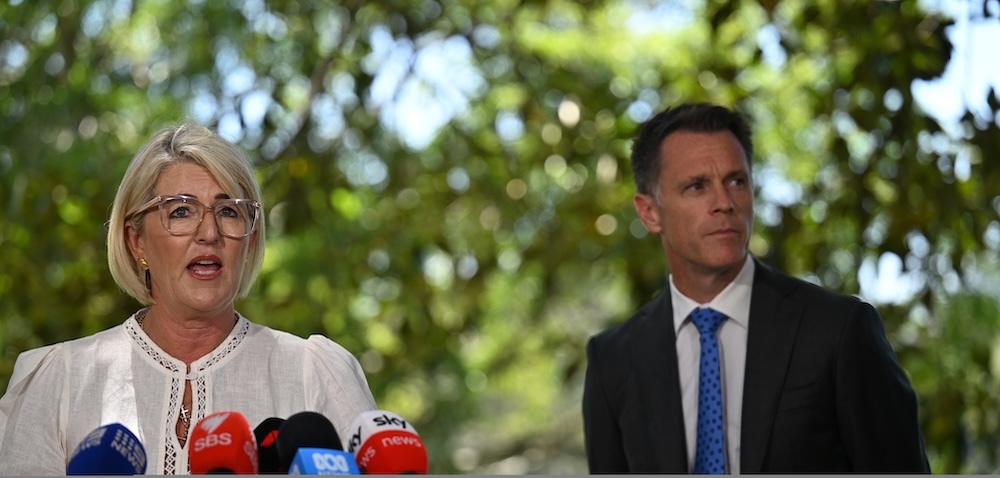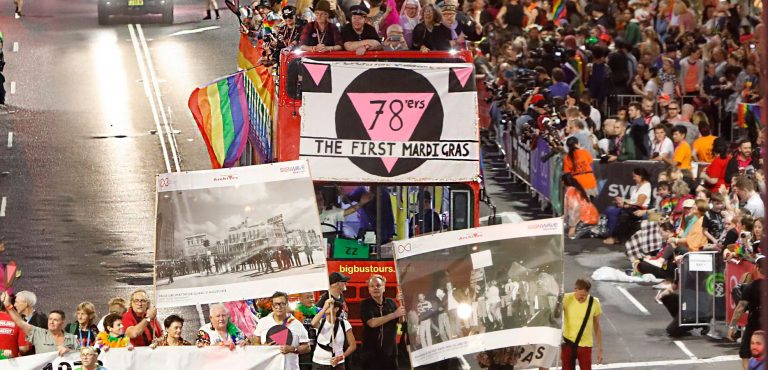
An important step forward
We have reason to be jubilant following the Federal Government’s announcement last week that it would introduce legislation which would amend 100 laws that currently discriminate against gay and lesbian couples in the financial and workplace arena.
Coming on the back of an announcement by the NSW Government the previous week, one would think that the GLBTI community’s Christmases have all come at once.
The proposed Federal amendments which will have an impact in the workplace deserve particular attention, as the workplace is one of the primary places where discrimination against gays and lesbians still thrives.
Firstly, gay and lesbian couples do not have access to the same leave entitlements as heterosexual couples. Where an employee’s leave entitlements are determined by statutory minima, gay and lesbian couples do not enjoy the same rights to carers, compassionate and parental leave. However, certain awards or some workplace-specific industrial instruments currently recognise same-sex relationships.
The Federal Government’s proposed changes in relation to leave entitlements will mean that all employees have the same rights when it comes to leave irrespective of their employer or which industry they work in.
The new laws will also ensure that gays and lesbians are protected from discrimination on the basis of sexual orientation in the workplace. While State anti-discrimination legislation currently provides protection in this regard, it is important that a similar protection exists at the Federal level.
This column has previously canvassed how someone who is the subject of discrimination has a choice about whether to bring a Federal or State claim, often dependent on a range of factors, for example whether damages are capped or uncapped. By prohibiting discrimination on the basis of sexual orientation in the Federal sphere, the Federal Government has moved to ensure that the Commonwealth anti-discrimination apparatus treats gays and lesbians equally.
The slated reforms also include a number of other changes which will impact in the workplace, such as: access to travel entitlements for same-sex partners of Federal members of Parliament, judges and Federal magistrates; the treatment of same-sex couples under the Federal workers’ compensation regime; and reforming the superannuation regime to allow for access to direct benefits, engage in superannuation contributions splitting and access to the superannuation spouse tax offset.
Manoj Dias-Abey is a lawyer practising in one of Australia’s largest workplace relations law firms.
